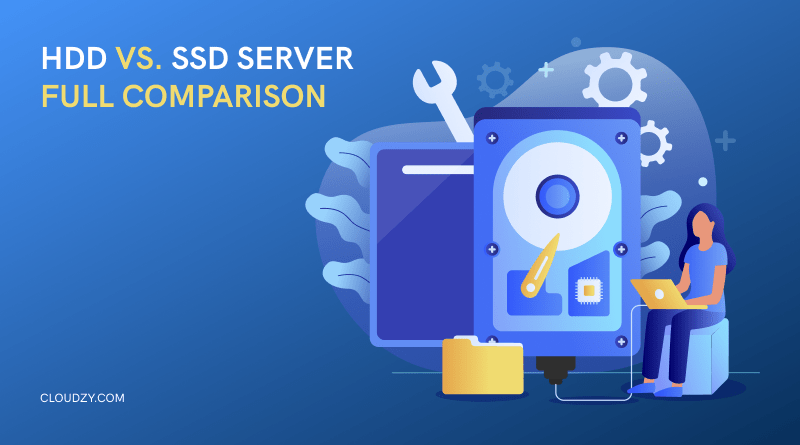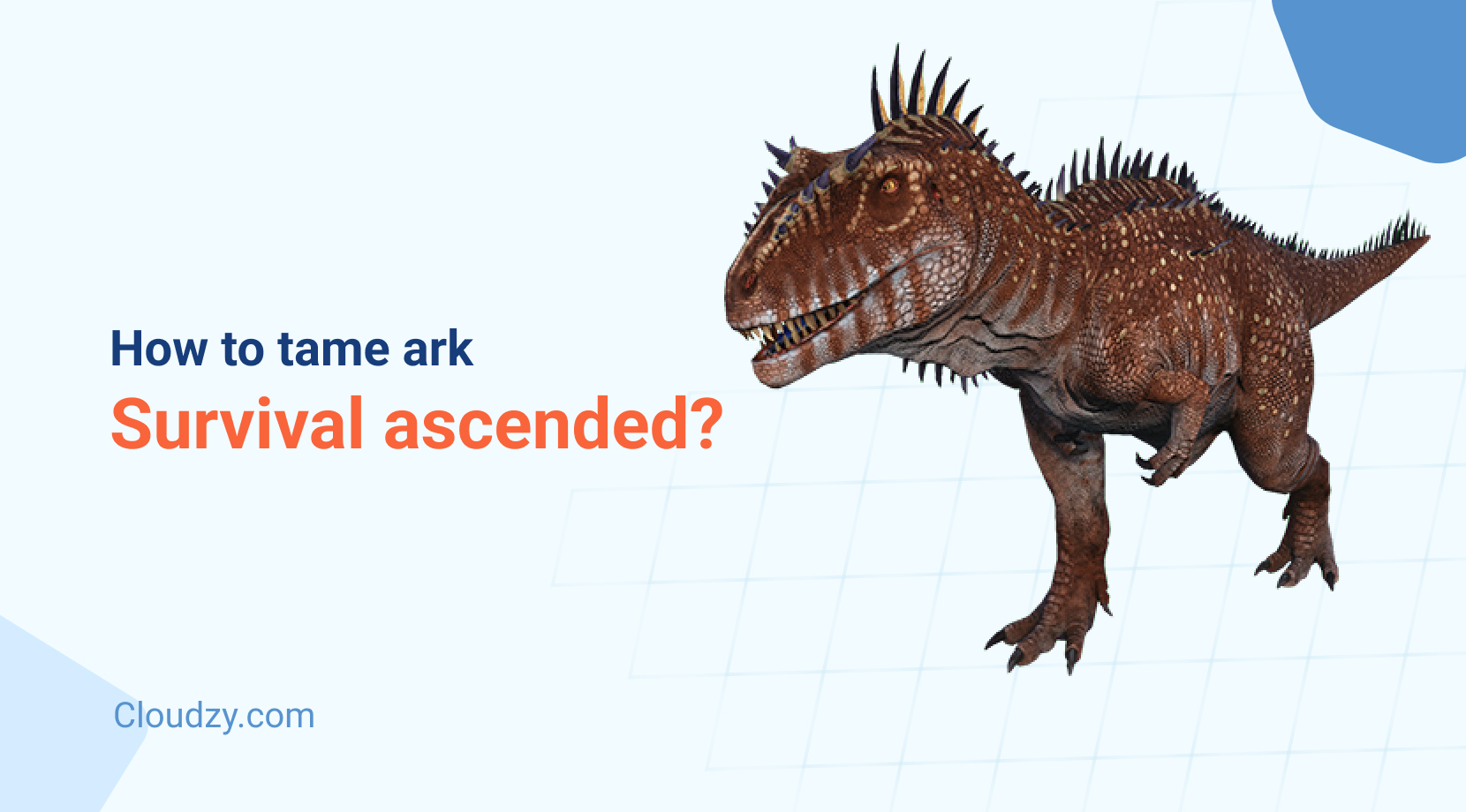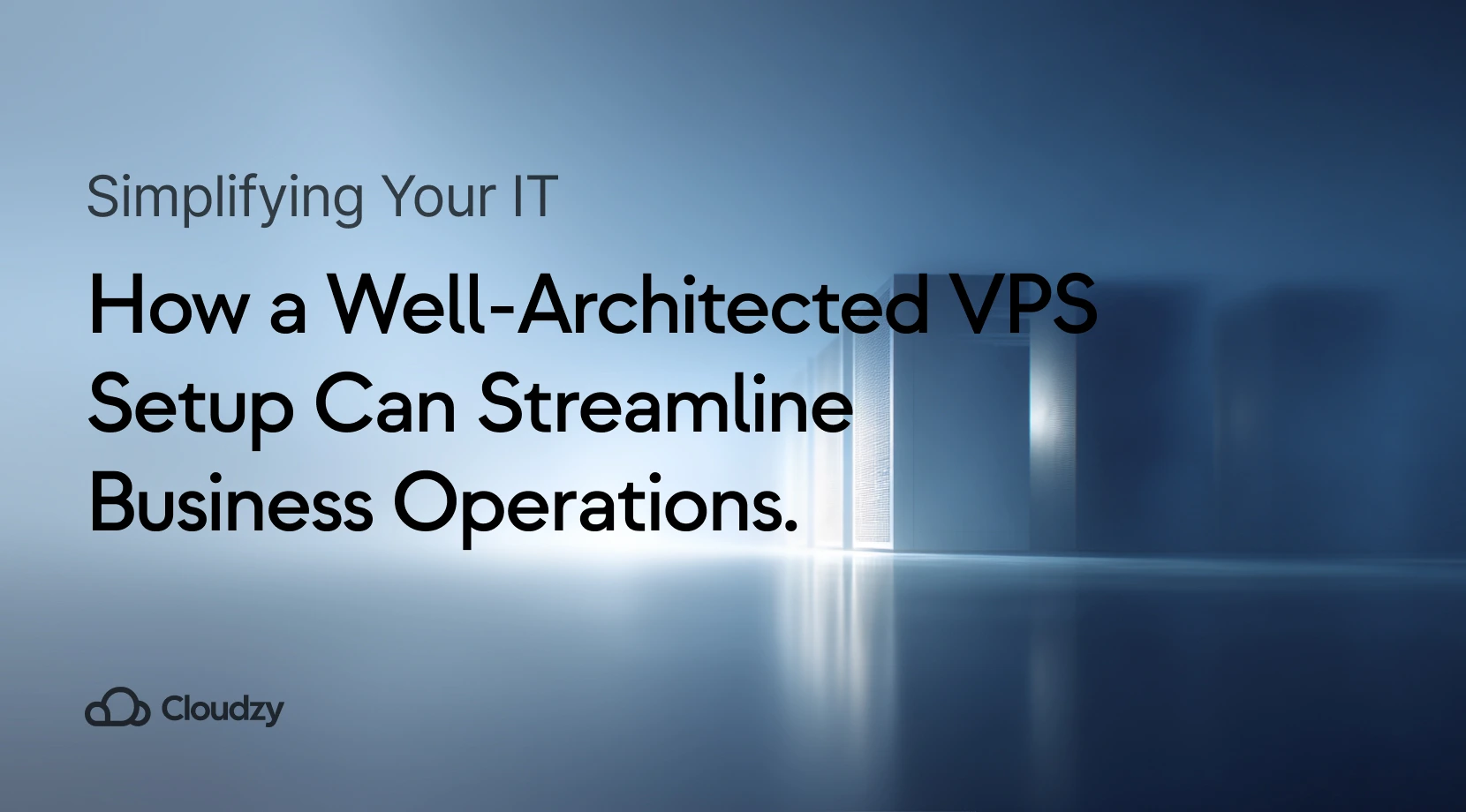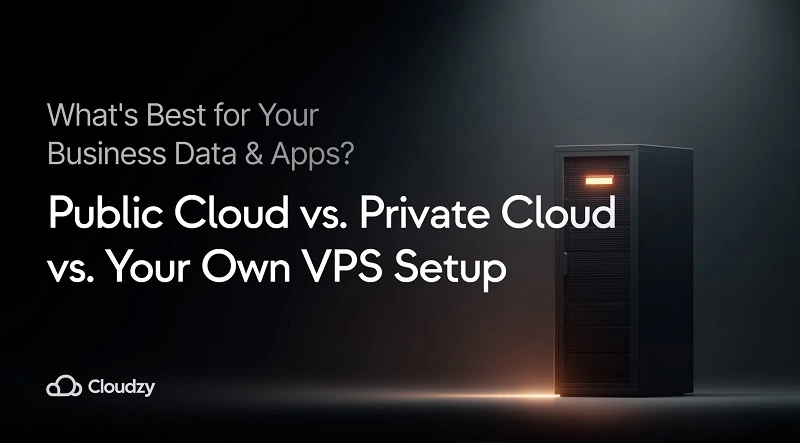How much do you rely on storage spaces, either physical or digital?
Storing things in a safe place is coded into our brains because of our ancestors’ lifestyle. They constantly had to search for food or living supplies, and once they found it, they would tie it up in a tree or hide it in a cave to keep them safe from animals.
Flash forward to today; not only do we need to store our physical belongings, but we also need safe storage space for our online data.
Companies use servers or data centers to store their data, but they can opt for SSD servers if they want to access and process this data faster. Besides, a storage device should withstand different types of damage, which is what we can count on with an SSD server.
Since both SSD servers and HDDs are quite popular among users, we will talk about each of them in detail and then give you helpful tips to decide which suits you best.
Let’s begin.
What is an HDD Server?
An HDD server is a server that has a data storage device called HDD (Hard Disk Drive). HDD is a physical storage device that has four primary parts:
- The Spindle Motor: In charge of rotating the disks.
- Magnetic Disk Platter: In charge of storing data.
- Actuator Arm: In charge of moving and controlling the read/write head.
- Read/Write Head: In charge of reading disks by transforming the platter’s magnetic field into an electrical current and writing disks by transforming an electrical current into a magnetic field.
(Imagine a turntable record player for better understanding.)
The primary purpose of an HDD server is to write and read data; the read/write head moves over the spinning disk platter and uses electromagnetism to complete this process. Since the process is mechanical, too much power consumption and noisy and slow operations are unavoidable.
Even though a single HDD server offers a lot of storage space _up to 4 TB_ , it is quite fast (the platters spin up to 7200 times per minute) and can store data even in sudden shutdowns. They are, however, vulnerable to physical damages, such as drops, heat, vibration, etc.
What is an SSD Server?
Think of an SSD server as a non-mechanical storage device powered by the main processor chip. SSD (Solid-state Storage Drive) consists of NAND flash memories that are non-volatile data storage.
Most of our digital devices, like smartphones, have NAND flash memory which is made up of tiny memory cells integrated into transistors and doesn’t need a power supply to function. The controller chip in an SSD server is in charge of transferring data from the flash memories to the input-output ports.
Some SSD servers have another type of flash memory called DRAM (Dynamic Random Access Memory), which tracks data across the SSD server (This process is similar to cache memory). So if you use an SSD server with a DRAM, you can access the flash memories’ data much faster.
Since an SSD server relies on integrated circuits instead of spinning disks to store data, it’s much more durable against physical damage and even withstands high temperatures, unlike HDD servers.
From an enterprise-friendly point of view, SSD servers are the best choice for storing data.
Here are some concepts and acronyms related to SSD servers you might have encountered or will encounter when you start shopping for one:
- Serial Advanced Technology Attachment (SATA): In charge of reading and writing data to and from data storage.
- Serial Attached SCSI (SAS): In charge of connecting the storage device to the host computers.
- Non-Volatile Memory Express (NVMe): In charge of executing fast data transferring protocols.
- SLC (Single-level Cell): A NAND flash memory that stores one bit of data per memory cell.
- TLC (Triple-level Cell): A NAND flash memory that stores three bits of data per memory cell.
- MLC (Multi-level Cell): A NAND flash memory that stores more than one bit of data per memory cell.
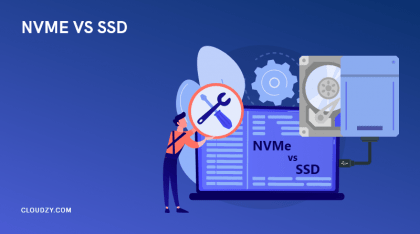
HDD vs SSD Server; Form Factors
HDD or SSD form factor refers to internal components’ size, shape, and physical arrangement.
Here are different SSD form factors:
- 2.5 Inch SSD: 2.5 Inch (standard-sized) SSD used in personal computers.
- mSATA SSD: One-eighth the size of a 2.5 Inch SSD, primarily used in mini gadgets.
- M.2 SSD: 22 mm wide and 80 mm long, mostly used in PCs designed for gaming, 3D animation, and video editing.
Here are different HDD (IDE (Integrated Drive Electronics) or SATA hard drives) form factors:
- 3.5 Inch: Mostly used in desktop disks.
- 2.5 Inch: Mostly used in laptop hard drives.
HDD vs SSD Server; Which One Do I Need?
Most businesses that handle and store heavy data loads use SSD servers. Since SSD is faster and more lightweight than HDDs, they are considerably more expensive. So if you have a home-based small business and can place your storage device in a safe place away from harm, an HDD server is the more cost-effective option.
However, in the case of mechanical failure, you might have no choice but to repair the damaged parts or have them replaced, which might cost you a lot. Also, an HDD server consumes heavy loads of power, so don’t be shocked when you see your electricity bill.
The good news is that some suppliers implant shock sensors into HDD servers; they can detect system failure and shut down the HDD before critical damage occurs.
On the other hand, an SSD server is the best option for major corporations because it offers low latency and can support heavy workloads without sacrificing speed. An SSD server is a high-performance storage device built to write and read data in real time. Also, if you’re in the business of developing virtual environments, SSD servers are the optimal choice to optimize and balance storage performance.
Virtualization technology relies on the host server’s resources to operate correctly; each server is divided into virtual compartments, which act as a virtual power source for the virtual environment.
So by using an SSD server, you can build a virtual environment that perfectly copes with the high I/O demand of the guest operating system.
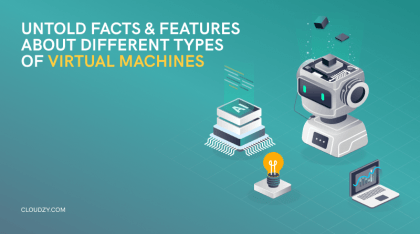
HDD vs SSD Server; Top Brands on the Market
When choosing the best HDD or SSD, you always have to consider your specific needs.
How much data reading/writing workload are you expecting?
What kind of storage technology are you looking for?
What life span expectations do you expect from your storage drive?
Do you require certain form factors in your storage drive?
And the most challenging subject; how much is your budget?
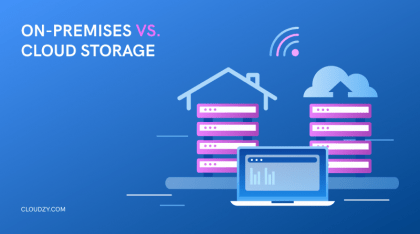
Answer these questions and then take a look at the top HDD and SSD choices on the market.
Top 5 HDD for server:
- Seagate Exos X14
- Form factor: 3.5 Inches
- Read Speed: 255 Megabytes Per Second
- Supports workload rating up to 550TB per year
- Flash Memory Size: 256 GB
- Hard Drive Capacity: 12 TB
- Five-year warranty
- Seagate IronWolf Pro NAS
- Form factor: 3.5 Inches
- Hard Disk Rotational Speed: 7200 RPM
- Hard Drive Capacity: 8 TB
- Resistant against vibration
- Hard Disk Size: 8 TB
- Five-year warranty
- WD Red WD40EFZX
- Form factor: 3.5 Inches
- Hard Disk Rotational Speed: 5400 RPM
- Hard Disk Size: 4 TB
- Digital Storage Capacity: 4 TB
- Supports up to 180 TB/yr workload rate
- Designed for 24/7 availability for heavy workloads
- WD Blue WD40EZAZ
- Form factor: 3.5 Inches
- Hard Disk Rotational Speed: 5400 RPM
- Digital Storage Capacity: 4 TB
- Hard Drive Interface: Serial ATA-600
- Western Digital Ultrastar
- Form factor: 3.5 Inches
- Digital Storage Capacity: 10 TB
- Hard Disk Size: 10 TB
- Supports transfer speeds up to 261MB/s
- Excellent power-saving features (PowerBalance technology)
Top 5 SSD for server:
- WD Gold SN600
- Ideal for NVMe server
- Form Factor: 2.5 Inch
- Effective secure erase to erase data permanently
- Flash memory size: 960
- Micron 5200 Series
- 64-layer 3D NAND
- Ideal for virtualized server workloads
- Hard Drive Capacity: 960 GB
- Form Factor: 3.5 Inch
- Water Panther 480 GB SATA
- Form Factor: 2.5 Inch
- Hard Drive Capacity: 480 GB
- Compatible in Dell servers with 2.5in chassis
- Designed for 24/7 availability for heavy workloads
- 2-year replacement warranty
- Intel Optane SSD 905P
- Supports up to 575,000/550000 IOPS (Input/Output Operations Per Second)
- Form Factor: 2.5 Inch
- Compatible with servers and arrays that accept 2.5″ 15mm PCIe, including NVMe server
- Computer Memory Type: DDR SDRAM
- Hard Drive Capacity: 480 GB
- Flash memory size: 480
- Kingston DC500R
- Ideal for read-centric applications
- Emergency capacitors in case of sudden power loss
- Compatible with most server platforms
- Read Speed: 555 Megabytes Per Second
- Flash memory size: 480
- Hard Drive Capacity: 480 GB
- RAM: 6 GB
HDD vs SSD Server; Comparison, Pros & Cons
HDD or SSD? That’s the million-dollar question every business owner asks when they start shopping for servers. By now, you know the advantages of SSD over HDD, so as the final touch, we’ve prepared the comparison table below to give you the best overview.
| Storage Drive | Fast | Power-friendly | Durable | Easy Data-recovery | Noisy | Requires Maintenance | Budget-friendly |
| SSD | ✅ | ✅ | ✅ | ❌ | ❌ | ❌ | ❌ |
| HDD | ❌ | ❌ | ❌ | ✅ | ✅ | ✅ | ✅ |
Whether you go with HDD or SSD, there is always a risk of data loss or hardware damage. So why not opt for a more sustainable choice of storage space?
In the next section, we will introduce our exclusive product that is much more budget-friendly than an SSD server and offers AI-Powered DDoS Protection.
The Most Pocket-friendly SSD Server Replacement; SSD VPS
SSD servers are an excellent choice for big enterprises with high budgets, but for now, we want to address our audience that cannot afford to buy an SSD server. Cloudzy has developed an exclusive product that not only replaces SSD servers but also offers the same experience at a higher and safer level.
With our SSD VPS, you can store and access your data in a virtual space, away from any type of physical damage. Now you might ask, what about network connection speed?
All Cloudzy servers operate at the highest speed 24/7, and we guarantee 99.95% uptime.
 Super-Fast VPS
Super-Fast VPS
Don’t settle for just any VPS. forget about steam engines and old HDDs — get an NVMe SSD VPS from Cloudzy and experience true speed!
Get an SSD VPSFAQ
Should I use an HDD or SSD for my server?
It depends on your workload and budget. If you process a considerable amount of data on a daily basis, then an SSD server is the most durable and fastest option. But both features come at a price. HDD servers are cheaper but require meticulous care because they are made of mechanical parts which are prone to physical damage, such as heat, falls, etc.
Which one is faster, HDD or SSD?
SSD servers are faster than HDD servers because they have no physical parts and read and write data through electrical circuitry.
Are SSD servers cheaper than HDD servers?
No. SSD servers are more expensive than HDD servers because they operate on new storage technology, which results in faster data transfers and optimized performance.
What is the best SSD for server?
It depends on the type of server and how much storage capacity you need. For example, the best SSD for an NVMe server is WD Gold SN600. The best SSD for server should support fast data transmission and withstand heat fluctuations or sudden shutdowns.
HDD Vs SSD Server; What is their pricing range?
The cost of HDD or SSD servers depends on the capacity of the storage drive, its form factor, and the warranty it offers. Here are some examples of HDD and SSD pricing:
HDD, 3.5 Inch, 5 years warranty, 4 TB: $67
SATA HDD, 3.5 Inch, no warranty, 4 TB: $53.99
Used SSD, 3 years warranty, 480 GB: $26.87
Instead of paying hefty fees for either a used or new SSD, you can purchase our fast and ultra-safe SSD VPS at $9.95 a month.

